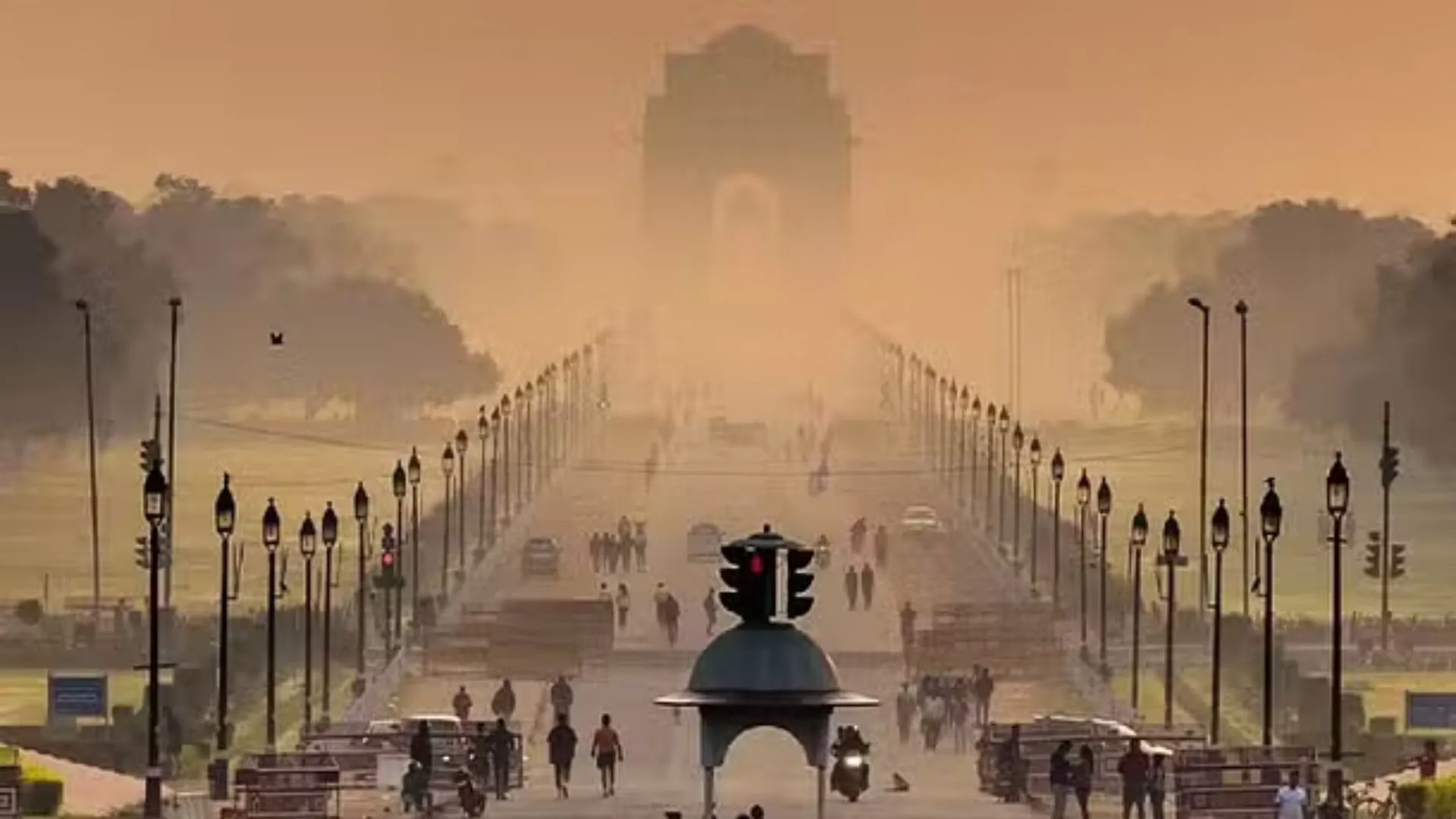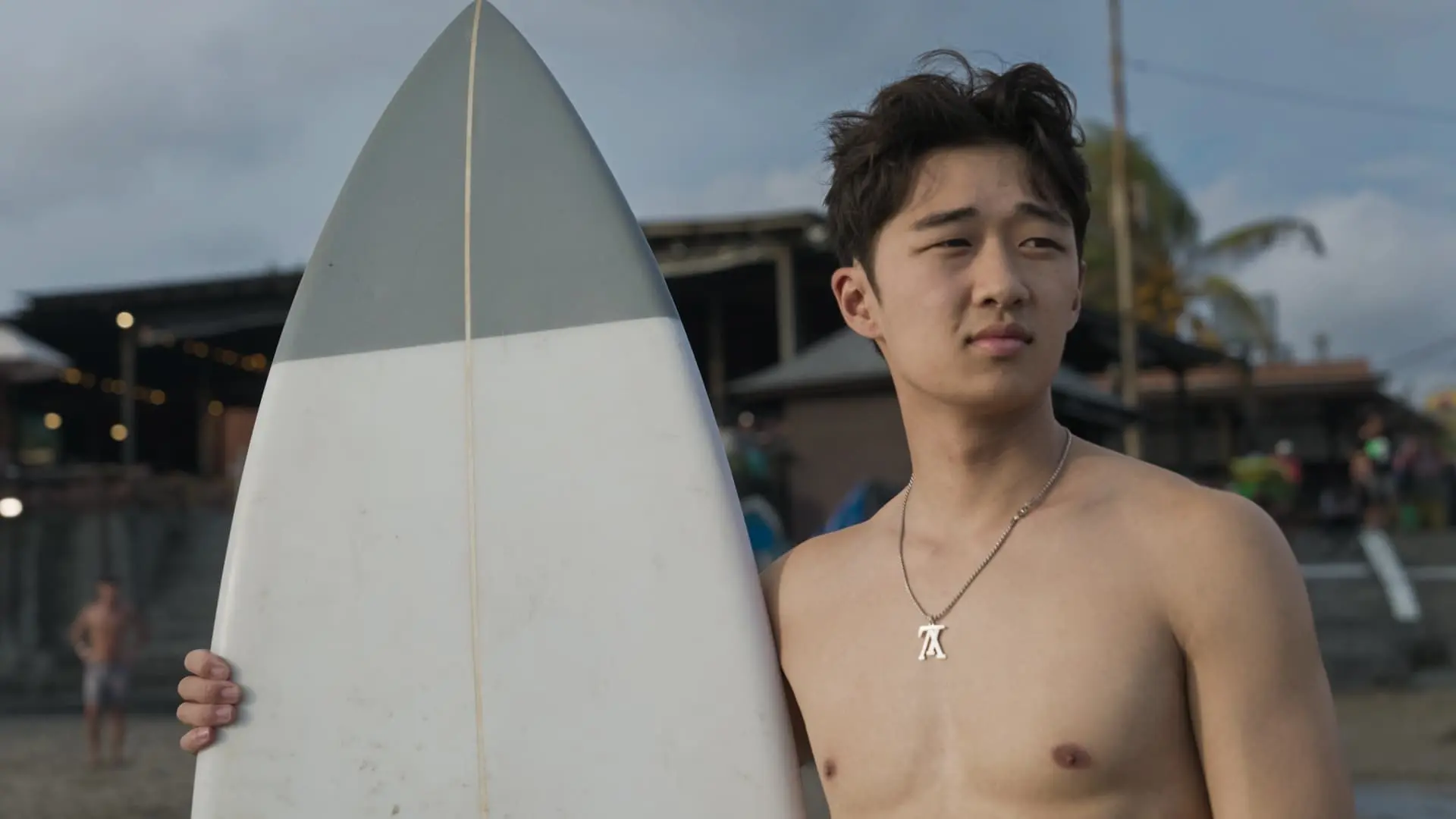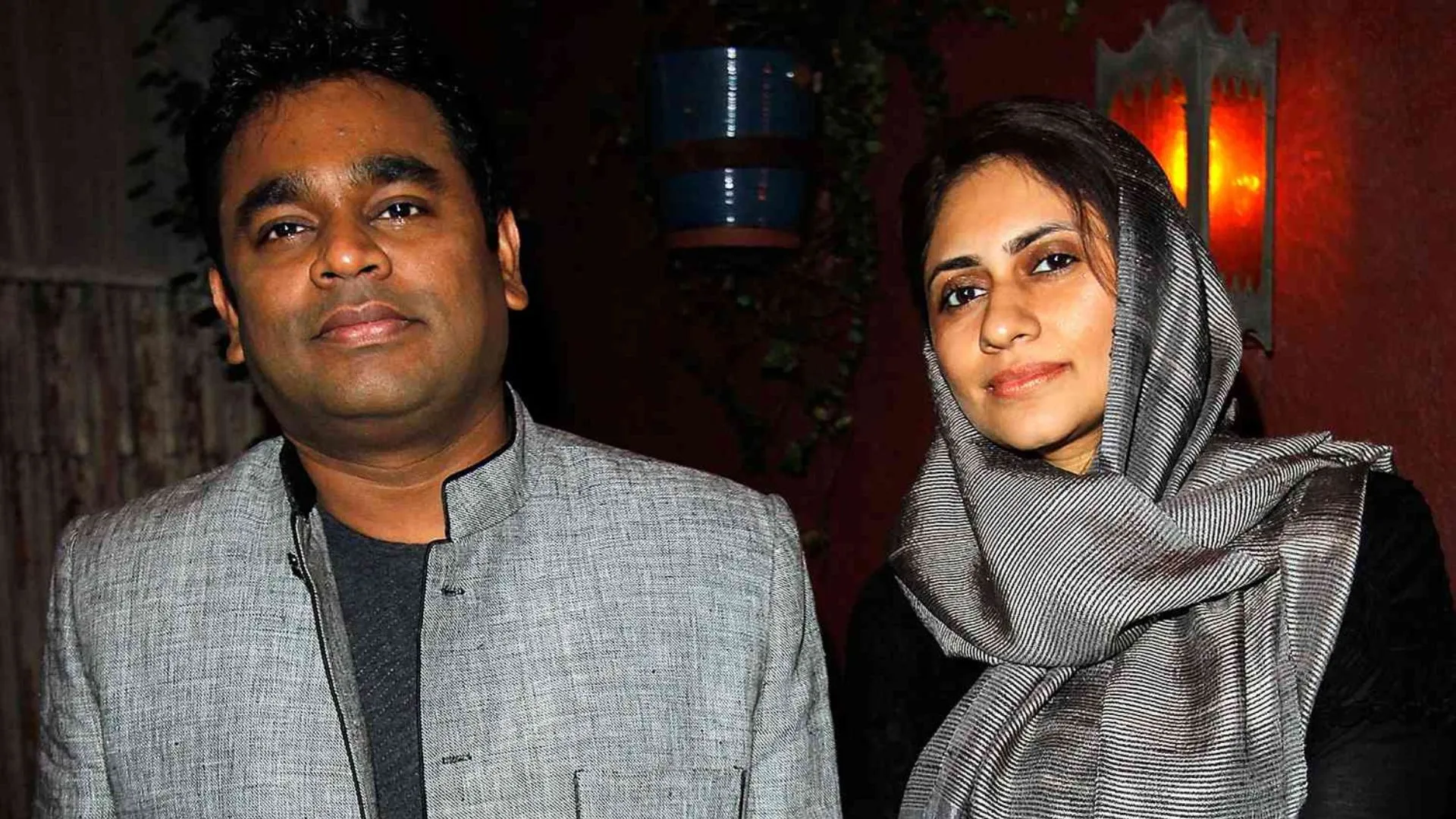French President Emmanuel Macron has intensified his search for a new prime minister, following nearly two months of political deadlock after inconclusive legislative elections. On Monday, he met with two former presidents and two potential candidates for the role.
Since the July 7 elections, France has been without a permanent government. The left-wing faction emerged as the largest group in a hung parliament, with Macron’s centrists and the far-right making up the other significant factions.
Two potential candidates for the prime ministerial position, former centre-left premier Bernard Cazeneuve and right-wing ex-minister Xavier Bertrand, held separate discussions with Macron. It is customary for the French president to seek counsel from predecessors during critical national moments. Macron also met with the two living former presidents, Nicolas Sarkozy and Francois Hollande.
Macron has faced criticism from the left for refusing to consider a left-wing candidate for prime minister, arguing that such an individual would not survive a confidence vote in parliament. Despite the ongoing political stalemate, Macron, who has less than three years remaining in his term, has not rushed the decision, taking advantage of the distraction provided by the Olympics and Paralympics.
Renewed urgency to find new Prime Minister
As France returned from its summer break, there were signs of renewed urgency. Macron hosted Cazeneuve early Monday, a former Socialist leader who served as prime minister in the final months of Hollande’s presidency. Commentators believe Cazeneuve is the most likely candidate to be appointed by Macron, though his selection is not guaranteed.
Cazeneuve, who is 61 and has extensive experience as interior minister, including during the 2015 Paris attacks, is respected across the political spectrum. However, the hard-left France Unbowed (LFI) party remains opposed to him, with its parliamentary leader, Mathilde Panot, dismissing Cazeneuve as part of the “old world.”
In the afternoon, Macron also planned to meet with Xavier Bertrand, a former minister and current head of the Hauts-de-France region, who would be a more acceptable choice for the right-wing factions.
Nicolas Sarkozy, despite his legal troubles, remains a significant figure on the right and has expressed a preference for Bertrand over Cazeneuve, arguing that the “centre of gravity of French politics is on the right.”
Naming a former prime minister from a previous administration could be seen as a step back for Macron, who came to office in 2017 promising radical change.
Meanwhile, there is speculation that a third candidate could emerge, with some focusing on Thierry Beaudet, head of the Economic, Social and Environmental Council, though he is largely unknown to the French public.
Tough work for Macron
The choice of prime minister will be crucial, as the new appointee will need to navigate a deeply polarized National Assembly and face significant challenges. A new government must file a draft budget law for 2025 by October 1, a task the caretaker administration under Gabriel Attal, in place since July, is unable to manage. With France’s debt at 110 percent of annual output, the country has already faced a credit rating downgrade and warnings from the European Commission regarding excessive deficits.
The role of the assembly president, akin to a speaker who organizes the chamber’s agenda and oversees debates, has become particularly significant at a time when it remains uncertain who will lead the government, as no party or coalition has secured an absolute majority.
A left-wing alliance, which unexpectedly emerged at the top in the June 30 and July 7 elections and has since been deeply divided over selecting a prime minister candidate, is now striving to agree on a candidate for the parliament’s chief position.
The New Popular Front (NFP), an alliance comprising socialists, Greens, the communist party, and the hard-left France Unbowed, was quickly formed before the election. However, after failing to secure an absolute majority, long-standing tensions among the parties have resurfaced over who could potentially lead a left-wing government.
Adding to the complexity, Macron has urged mainstream parties to form an alliance to establish a government, a proposal that would include some members of the NFP but exclude France Unbowed.
How is Prime Minister appointed in France?
The process of appointing the Prime Minister and the cabinet in France is guided by the French Constitution, which grants the president the authority to choose the Prime Minister. This means that President Macron is not required to select someone from the largest bloc, which is currently the NFP.
However, the institutional framework suggests that the chosen Prime Minister must secure enough backing in the National Assembly to prevent a no-confidence vote, which could result in the government’s collapse. Given that no single political group currently holds an absolute majority, Macron and the NFP must reach an agreement to ensure stability.
Macron and the NFP would need at least tacit support, whether by abstention or explicit backing from other political parties.
After the Prime Minister is appointed, it is their responsibility to select the cabinet of ministers. Customarily, the president plays a significant role in this process, particularly in key appointments like the Ministers of Foreign Affairs and Defence, areas often considered within the Head of State’s unofficial ‘reserved domains.’
Also Read: Rise Of AfD In Germany: Party Set To Win First State Poll Since WW2

















